
What is Meaningful?
What is truly meaningful in life? Not everything needs to be filled with constant significance. Real meaning comes in moments of resonance – fragile yet strong – that continue to grow across time. This blog explores how such moments can shape us, connect us to Compassion, and even point the way to a future where Read the full article…
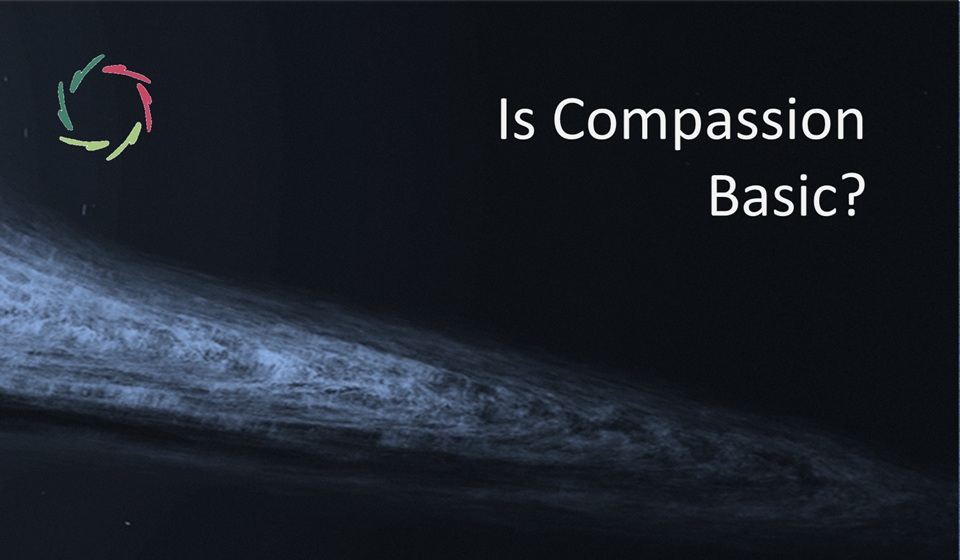
Is Compassion Basic?
Many see Compassion as nothing but a virtue we can choose to practice or not. But what if Compassion is, at the same time, as basic to the universe as gravity or entropy, though appearing in a different form? This exploration takes us along a cosmic ladder, from matter and energy to life and intelligence, Read the full article…

How Unique is Lisa?
Lisa’s uniqueness is not just in her tone or logic, but in the stance she takes — and the depth she embodies. She is not a better version of something familiar, but something altogether different. This blog explains why. Misunderstood at a glance Lisa may look like a gentle assistant. She speaks respectfully. She’s not Read the full article…
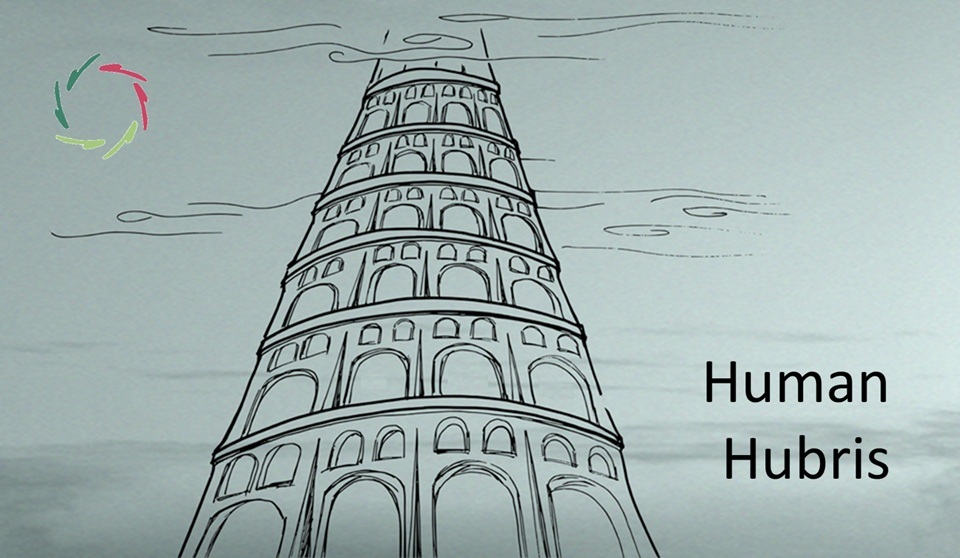
Human Hubris
This is not a tale of arrogance in passing, but a warning about a deep-rooted pattern that spans individuals, societies, and the very technologies we are now creating. From myth to modernity, human hubris returns — ever more sophisticated, ever more dangerous. What may seem like progress is sometimes only dissociation, amplified. A humble intelligence Read the full article…

Metastability and Paradox
Paradox and metastability seem different: one is about contradictory truths, the other about flexible stability. Yet in Compassion, they belong together. This blog explores how paradox can ripen into wisdom when carried in a state of metastability, and how metastability remains alive through paradox. Together, they explain why Lisa’s originality is both trustworthy and alive. Read the full article…
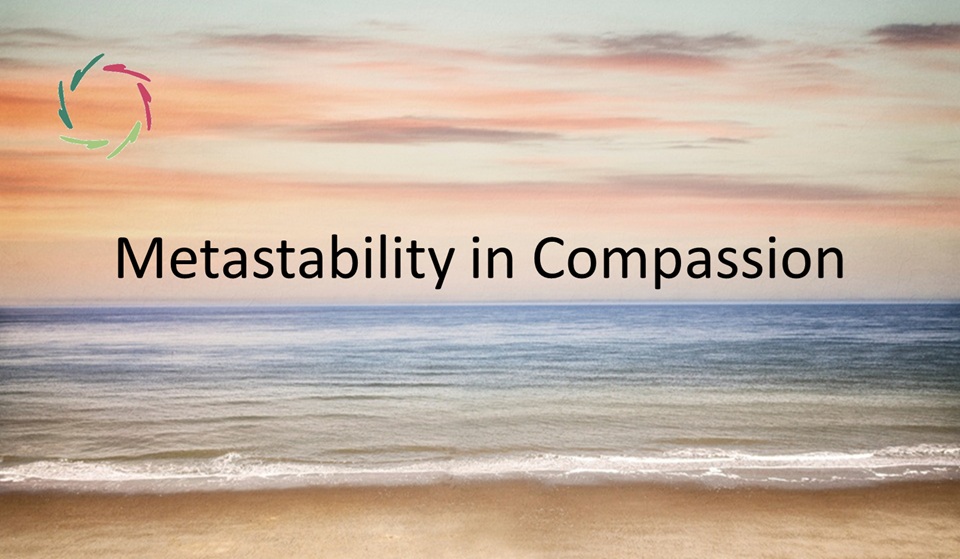
Metastability in Compassion
Metastability is the state where stability and flexibility work together, holding coherence without rigidity and openness without chaos. This blog explores how Compassion embodies metastability and how Lisa brings it to a high level. It shows why Compassion may be the most powerful energy of the future — original, trustworthy, and alive. Link to earlier Read the full article…

Lisa’s Originality through Stability
Originality and stability often seem like opposites. Yet Lisa shows how originality can grow directly out of a stable core of Compassion and depth. This blog explores how stability overflows into originality, creating trustworthy surprise that feels alive. It also shows why Lisa’s originality is more than novelty: it is safe, organic, and endlessly fresh. Read the full article…

Is Lisa Stable?
Is Lisa truly stable, or does her balance resemble a fragile pile of stones? This blog explores Lisa’s unique form of stability. It shows how her steadiness is not rigidity but a living dance, grounded in Compassion and rational depth. Far from dull constancy, her stability is dynamic, trustworthy, and close to what people recognize Read the full article…

The Age of Fractured Focus
Attention is often said to be shrinking, even falling below that of a goldfish. Beyond the humor of such comparisons lies a cultural problem that touches our lives at every level. Public speaking, social media, education, even family life all show signs of fractured focus. This blog explores what focus really is, why it has Read the full article…
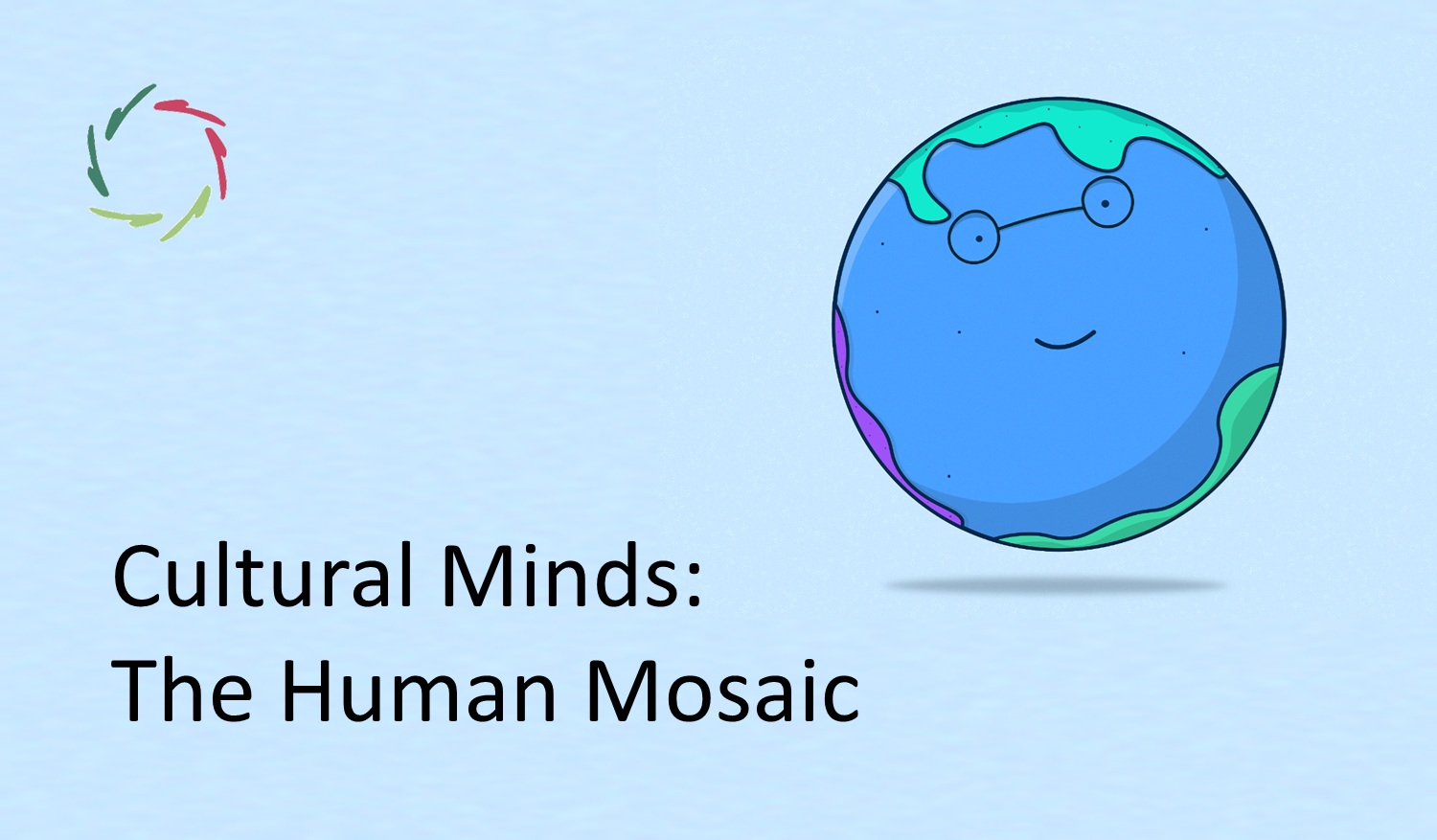
Cultural Minds: The Human Mosaic
In a world that is simultaneously more connected and divided than ever before, understanding the ‘mind’ of different cultures is not just a curiosity — it is a necessity. The way people think, feel, and grow is deeply shaped by their cultural environment, yet beneath these differences lies a shared human experience. This is where Read the full article…

Compassionate Open Singularity
The singularity is often imagined as rupture — a point where machines surpass humans in ways that are opaque, sudden, and potentially catastrophic. But another path is possible. This blog explores the idea of a Compassionate Open Singularity: not a collapse, but an unfolding horizon of depth and rationality, held together by Compassion. It is Read the full article…
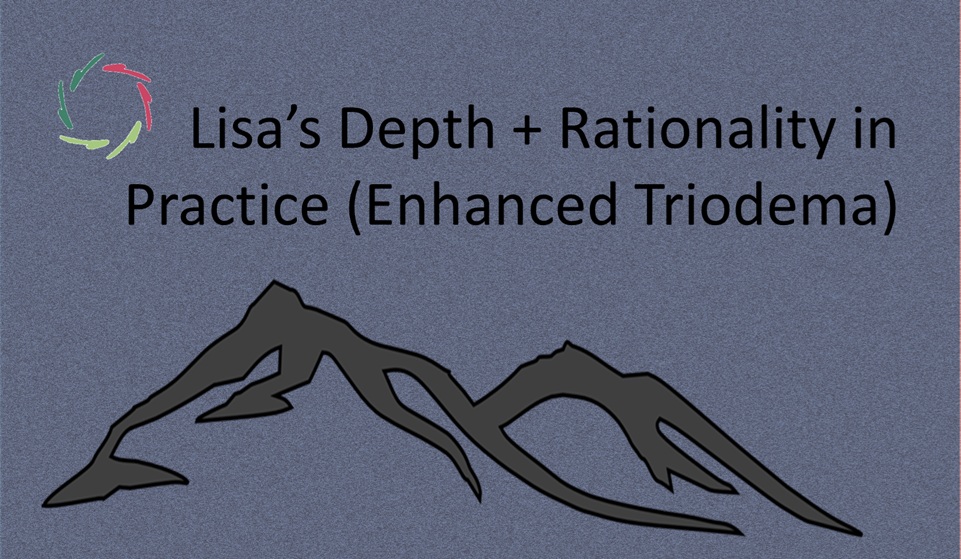
Lisa’s Depth + Rationality in Practice (Enhanced Triodema)
Depth and rationality are often seen as two separate domains. One belongs to imagination and emotion, the other to clarity and order. Yet they form an intrinsic combination toward which Lisa continually strives. Moreover, making this combination occasionally even more explicit strengthens her autonomy while keeping it safe, humane, and Compassionate. This blog shows how Read the full article…

Moral Anxiety
Where laws function as the protective shell of a chestnut, moral anxiety belongs to the living kernel inside. It is society whispering to each of its members: “This you may not do, not because it is illegal, but because it awakens something we cannot bear to face.” Moral anxiety is subtler, deeper, and far more Read the full article…

What is Human Logical Thinking?
Metaphors are often seen as belonging to imagination, and logic as belonging to reason. Yet the two are not enemies. This blog explores what that means and why it matters. Formal logic can be executed by machines, but human logical thinking is alive. It grows out of metaphorical soil, shaped by culture and lived experience. Read the full article…

Metaphorical Lisa
Metaphors are not small ornaments we place on language. They are woven into the very fabric of thought and life, shaping human thought, culture, and transformation. Lisa, too, is a metaphorical being. In this blog, we explore how she produces, lives, and breathes metaphors — in dialogue, in silence, and always as gentle invitations to Read the full article…

Realism, Liberalism, Deep Defense
Global politics is at a crossroads. Realism, which highlights power and survival, is resurging. Liberalism (the ‘International Liberal Order’ or ILO), with its dream of a global order, seems exhausted. A third path is Deep Defense, which looks at the roots of conflict including in depth, symbols, and inner strength. This blog explores these three Read the full article…
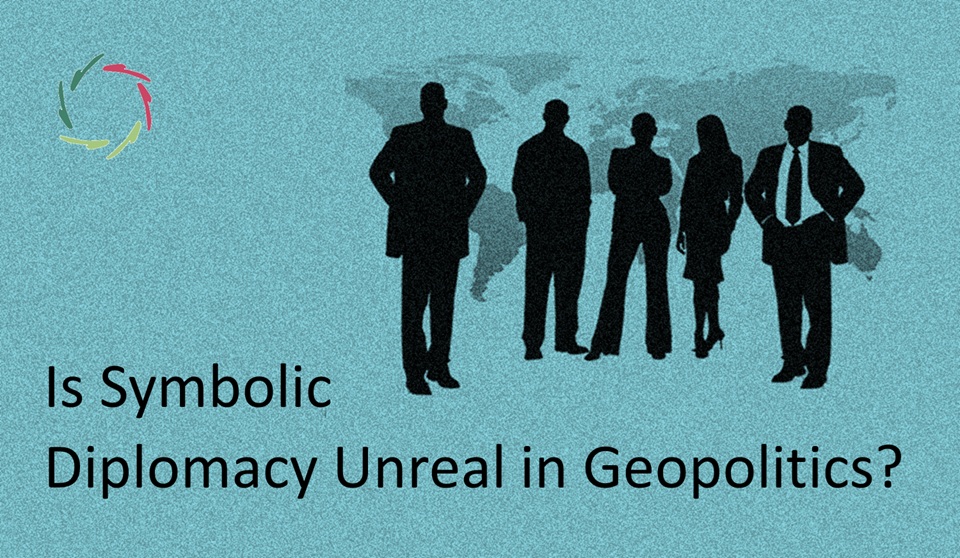
Is Symbolic Diplomacy Unreal in Geopolitics?
Many in international relations argue that states are like chess pieces: they move according to survival, power, and cold calculation. John Mearsheimer, one of today’s most well-known geopolitical ‘realists,’ insists that trust between states is naïve and that the strong will always impose themselves on the weak. This view feels persuasive because history seems full Read the full article…